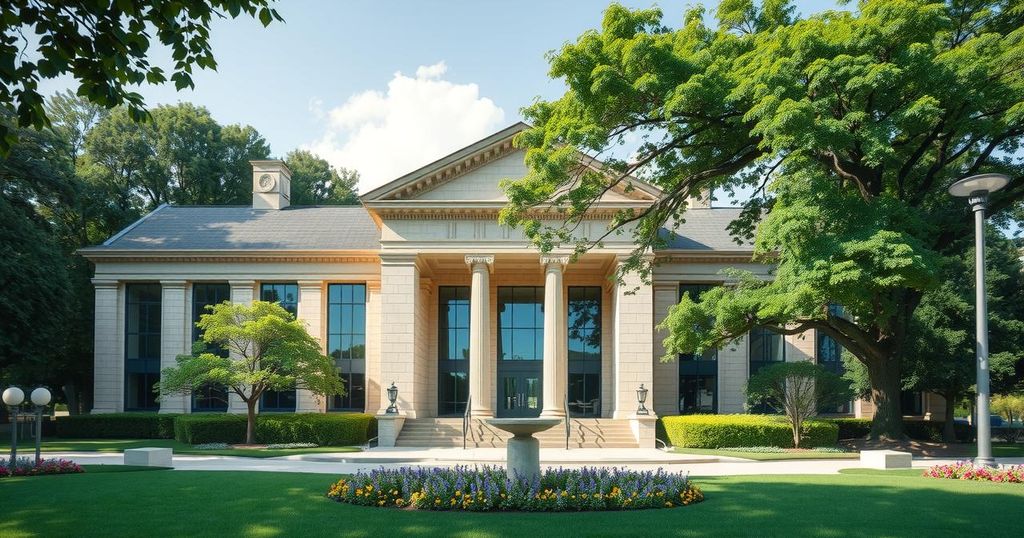Overview of Lebanon’s Newly Formed Government and Its Ministers

Lebanon’s Prime Minister Nawaf Salam has formed a new government, ending over two years of caretaker leadership. Salam excluded political party members to address corruption but appointed individuals after consulting political leaders. Noteworthy new ministers include Yassine Jaber, Tamara Elzein, and Kamal Shehadi, among others, each bringing unique expertise for Lebanon’s economic recovery.
On Saturday, Lebanon’s Prime Minister Nawaf Salam announced the formation of a new government, concluding a prolonged period of over two and a half years in caretaker status. Salam pledged to exclude members of political parties, which are commonly associated with sectarianism and corruption; however, the selection of cabinet ministers involved consultations with political leaders due to Lebanon’s power-sharing system based on sectarian quotas.
Among the newly appointed ministers, notable figures include Yassine Jaber, a former economy and transport minister aligned with prominent parliament speaker Nabih Berri. Although not officially a member of a political party, Jaber is linked to Berri’s Hezbollah-allied Amal bloc. His appointment has drawn criticism, particularly regarding the dominance of Shiite parties in strategically crucial portfolios amidst ongoing economic recovery efforts.
Tamara Elzein, who has served as the secretary-general of Lebanon’s National Council for Scientific Research since 2022, is recognized for her academic and diplomatic credentials, including a role at UNESCO. Ghassan Salame, previously a UN envoy to Libya, joins the government backed by extensive experience in international diplomacy pertaining to conflict zones.
Haneen Sayed, an economist and author with significant World Bank experience, particularly regarding Lebanon’s economic crisis, emphasizes the government’s focus on expertise. Joe Saddi, an accomplished consultant with an MBA from Cornell, complements this by bringing experience in energy, mining, and public policy reform from his tenure at various consulting firms.
In a notable departure from tradition, the energy minister was not appointed from the Free Patriotic Movement, which had historical ties with Hezbollah. The current ministers’ selections demonstrate a shift in political dynamics. Kamal Shehadi, overseeing the ministry for the displaced and technology initiatives, faces unique challenges amidst a backdrop of frequent electricity cuts stemming from systemic issues within the Lebanese infrastructure.
The political landscape of Lebanon is defined by a complex power-sharing agreement among diverse sectarian groups. Recently, the formation of a new government following a caretaker status illustrates ongoing efforts to navigate these challenges. Prime Minister Nawaf Salam’s government appears focused on reform and addressing corruption, representing a significant evolution in Lebanese politics amid economic hardship and reconstruction following conflict. The appointed ministers include individuals with both political and technocratic backgrounds to tackle pressing national issues.
The recent formation of Lebanon’s government marks a strategic shift in addressing long-standing political and economic challenges. With appointments like Yassine Jaber and Tamara Elzein, the new cabinet reflects a blend of experience and expertise. The exclusion of traditional political affiliations in ministerial appointments aims to foster transparency amid pervasive corruption. The effectiveness of this government will largely depend on its responsiveness to Lebanon’s critical economic recovery needs.
Original Source: www.hindustantimes.com








